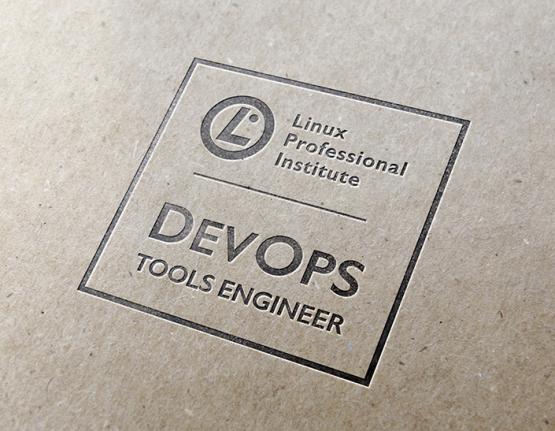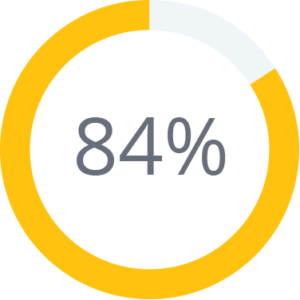Businesses across the globe are increasingly implementing DevOps practices to optimize daily systems administration and software development tasks. As a result, businesses across industries are hiring IT professionals that can effectively apply DevOps to reduce delivery time and improve quality in the development of new software products.
To meet this growing need for qualified professionals, Linux Professional Institute (LPI) developed the Linux Professional Institute DevOps Tools Engineer certification which verifies the skills needed to use the tools that enhance collaboration in workflows throughout system administration and software development.
In developing the Linux Professional Institute DevOps Tools Engineer certification, LPI reviewed the DevOps tools landscape and defined a set of essential skills when applying DevOps. As such, the certification exam focuses on the practical skills required to work successfully in a DevOps environment – focusing on the skills needed to use the most prominent DevOps tools. The result is a certification that covers the intersection between development and operations, making it relevant for all IT professionals working in the field of DevOps.
Current version: 1.0 (Exam code 701-100)
Objectives: 701-100
Prerequisites: There are no prerequisites for this certification. However, an additional certification in the candidate’s primary area of expertise, such as LPIC-1 or a developer certification, is strongly recommended.
Requirements: Passing the DevOps Tools Engineer exam. The 90-minute exam is 60 multiple choice and fill-in-the-blank questions.
Validity period: 5 years
Cost: Click here for exam pricing in your country.
Languages for exam available in VUE test centers: English, Japanese
To receive the Linux Professional Institute DevOps Tools Engineer certification the candidate must:
- Have a working knowledge of DevOps-related domains such as Software Engineering and Architecture, Container and Machine Deployment, Configuration Management and Monitoring.
- Have proficiency in prominent free and open source utilities such as Docker, Vagrant, Ansible, Puppet, Git, and Jenkins.

Download the DevOps exam guide
View DevOps Tools Engineer exam objectives
LPI is committed to providing the IT community with exams of the highest quality relevance and accuracy.
Skills in DevOps tools enhance many job roles such as:
Developers
Front End Web Developer
Back End Web Developer
Java Developer
Python Developer
PHP Developer
Mobile Developer
SQL Database Developer
Embedded Systems Engineer/Developer
System Administrators
Cloud Architect
Database Administrator
Big Data Architect
Network or Server Virtualization Specialist
Systems Analyst
Engineers
Development Team Lead
Operations Team Lead
Quality Assurance/Quality Control Specialist
Cloud Architect
Software Architect
Microsoft Systems Engineer
Network Administrator
Information Security Specialist
DevOps Tools Engineer certification holders validate that they:
Have a working understanding of:
- Modern software applications and cloud services
- How tools support DevOps collaboration
Can apply their knowledge to:
- Set up Continuous Integration and Continuous Delivery pipelines
- Build, deploy and orchestrate application containers
- Automate system configuration
- Build system images and run them locally and in the cloud
- Monitor applications and computing instances
- Manage, collect and analyze log data
- Use Source Code Management and Version Control

The number of jobs mentioning DevOps has grown 1485% in the last four years Job board Indeed.com

84% of enterprises are adopting DevOps RightScale 2017 State of the Cloud Report
